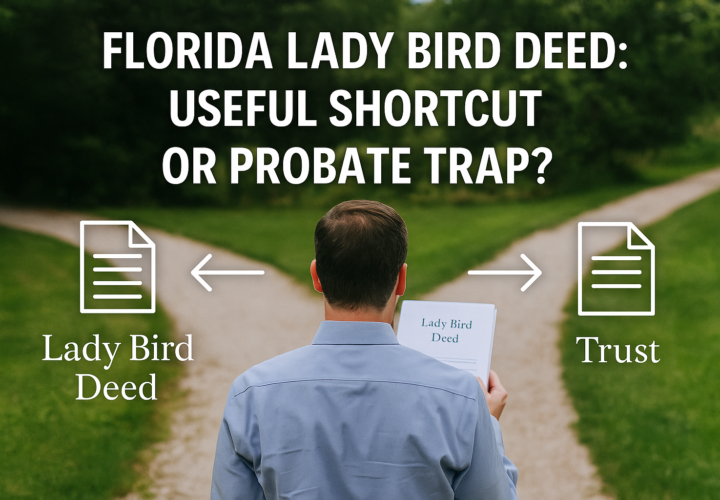Few groups have more need of estate planning than parents. Without a plan, parents will have no say to whom their children go in the event the unthinkable happens. Furthermore, parents will have no say in who manages their children’s inheritance. Finally, any assets or money left for the children will become freely available to them at the age of eighteen. These and other issues can be addressed through simple estate planning.
Naming a Guardian
At the minimum, every parent should have a will. A will allows parents to designate who will be guardian of their children. Anything less than a testamentary document can not be considered in naming a guardian. Also, this statement of preference will help avoid conflict between relatives over who gets the children. However, while a simple will can make parents’ preference of guardian known; unfortunately, it does not address the issue of asset management. Even in a moderate estate, these assets can be substantial such as a house, life insurance, IRA’s and so forth. At the age of eighteen, all assets must be turned over to the children unless a trust is also used.
Managing Assets
A trust allows the parents to designate how and when assets are distributed to their children. Through a trust, the parents may designate management of the children’s assets to a trusted relative, friend or institution; the trustee. The trustee would then only release funds for the benefit of the children according to the parents’ instructions. Furthermore, this trustee may continue to manage these assets past the child’s eighteenth birthday. The instructions may include a gradual paying out to allow the children to learn to manage assets while ensuring funds will remain available to them in the future.
Any parent that loves their children would not knowingly trust their future to luck, and with some fairly simple and straight forward planning, they don’t have to.
If you have any questions or would like additional information regarding this article please write us at Firm@Scovills.com or call us at 941-365-2253.



